93rd Academy Awards Pre-ceremony Post: The Nominees
The annual Academy Awards are almost here, after a longer wait than usual due to the global pandemic and, for the same reason, with a somewhat different turnout than it would have had if everything had gone according to plan. Even before the final results are awarded, the big winners of the year are the streaming platforms, particularly Netflix with an impressive total of 37 nominations. As it's been predicted for years, Cinema is changing forever, and COVID only sped up that transformation.
I always take a moment to regard the Oscars. Yes, they historically have made terrible mistakes. Their picks come from flawed rules and unfair inner campaigs. But they're also the largest yearly event for a lover of film and popular culture, and I can't help but be dazzled by the glamour and exceses dedicated to the world I adore, so they're somewhat of a guilty pleasure for me. I see it like this: sport fans have their events too, and even though there's proof of worse corruption there, no football lover will stop watching the FIFA World Cup.
Before starting, let me just establish a few ground rules to what I'll be doing here:
1- I have watched every nominated feature-lenght fiction film this year (as I always do). I don't mean only the Best Picture nominees, but every film that got into any category, from Best Song to Makeup and Hairstyling. Thus, the opinions I express here are enterily my own, and informed from the actual viewings.
2- Notice I said "feature-lenght fiction films". Short films and documentaries aren't as easily available, so I haven't watched all of them. In the spirit of fairness, I won't discuss those categories. The sole exception is Collective, which is a documentary, but was also nominated as Best International Feature, so I'll mention it on that context.
3- I have my problems with the Best Original Song category. In my book, a song only belongs at the Oscars if it contributes to the narrative or atmosphere of the actual film, or at the very least is based on its original score. Just pasting a song over the end credits of a movie doesn't make it a real part of the cinematic arts, and thus shouldn't be awarded as a cinematic category.
The category must exists, but the rules have to be refined. Take in consideration that this is happening while disciplines that are truly inherent to filmmaking have been neglected for years by the Academy, like the case of Stunt Artists. Since this year is particularly irrelevant in this regard (maybe Eurostar is the exception, as the song actually contributes to the film product), I won't discuss the category in this article either.
4- The nominations each film has actually received will be written in bold. If I discuss a category the film didn't get, I will underline it. Film titles are, as always, in italic.
5- The order in which I write about the films is a bit arbitrary. I do have my reasonings for putting them like this, but I don't want you to try to read between the lines here: with the exception of the first one, I'm not really ranking them.
So, to makes this a bit shorter than the actual ceremony, let's get to it right now!
Let's start with my personal favorite, and the film I would like to win Best Picture (but I know it won't). I loved every minute and aspect of this film, and the fact that it got recognized for the biggest honor makes me really happy. The same goes for young filmmaker Emerald Fennell, who makes an impressive work here in her feature debut. The woman knows what she wants to tell, and how to tell it. Despite that, there was some doubt about if she would be able to nab a Best Director spot, so I was very pleased when she did.
Fennell also wrote the smart script, which thankfully was nominated for Best Original Screenplay. To round the impressive victory of the movie, they also got Best Film Editing, one of the most important categories of the night, which is often overlooked by casual viewers.
Finally, Carey Mulligan, who gives an exceptional performance, also got the expected Best Actress nomination. I don't think she'll defeat the competition, but like Fennell, these promising young women surely have a lot to give in upcoming years, regardless of the results.
We're looking at the most likely Best Picture winner here, as well as at an almost sure -and historic- Best Director winner. I would say the same goes for Best Editing (another historic one, with director Chloe Zao being the editor as well). The film has also good chances for Best Cinematography, Best Adapted Screenplay, and of course, Best Actress for the always dependable Frances McDormand. In short, there is some probability that Nomadland would go to win all six caegories for which it was nominated, and this quiet but moving drama would be deserving of the honor, even though it wasn't my personal favorite.
As for McDormand, the woman is one of the most talented performers of her generation, simple as that, and though the same can be said about Viola Davis, I think Frances' performance was more relevant than Davis' grandilocuent albeit brief (and almost supporting) one.
I could also relate a lot with its narrative, as someone who has lost a home and a lifestyle because of external circumstances. And even if you never have gone through anything similar, I think it's very easy to translate those feelings into your own by watching the film.
This one turned out to be a much different film from the one I was expecting, and a much better one at that, being, in my opinion, one of the most deserving efforts on the Best Picture list. Yet another impressive debut, this one for playwright Florian Zeller, who I wouldn't have minded to see recognized among the top Directors of the year.
This heartbreaking portrait of old age is unlike any other I've seen before, with the film's outstanding Editing, and particularly it's strong Adapted Screenplay (from Zeller's own stage play) putting you right in the confused head of the dementia-afflicted man himself. Both nominations were thus guaranteed, and though at first glance the Best Production Design one might not seem as obvious, take in consideration they made a wonderful sneaky job by transforming the sets almost seamlessly, so that the flat keeps changing around us, with very disorienting results: It's really well done.
Of course, nothing of this would work without the two breathtaking performances at its heart. Olivia Colman nabs a Best Supporting Actress nomination, which I kind of want her to win just so that she can deliver another adorable speech like she did for The Favourite.
But the movie really revolves around Anthony Hopkins' powerful performance, probably the best of his illustrious career. I found myself wanting to laugh, cry, hate him, console him, sometimes all in the same scene. It's a deeply real piece of acting, especially considering he's such a recognizable face. However, when you watch this you don't see Sir Anthony, famous superstar. You see poor old Anthony, a man whose age is betraying him, just like it could happen to any of us. I hope he wins Best Actor, though he won't easily beat the late Chadwick Boseman.
Another film I really enjoyed watching, this courthouse epic really deserves its spot among the Best Picture nominees. I'm in fact a bit disappointed that legendary screenwriter Aaron Sorkin didn't get a nod as Best Director for his second film at the helm, but at least he did get the expected Best Original Screenplay, and the film got a logical Best Editing nod for its brisk, clear montage.
As for Best Cinematography, it surprised me a bit, not because it's not very good (it is), but because it hadn't generated as much buzz as some previous works from Director of Photography Phedon Papamichael like Nebraska or Ford v Ferrari.
Then there's Sacha Baron Cohen's triumphant performance as icon Abbie Hoffman, who earned him a Best Supporting Actor nod, and rightly so. I also hear there's some chance that they'll win for Best Song, but I don't really care for that category this year (see above).
I'm quite in agreement with all the nods this movie got. Both Best Actor and Best Supporting Actor were a given, considering the extraordinary work by Riz Ahmed and Paul Raci in this film about hearing loss.
The good handling of the subject matter on the technical level also guaranteed the Best Editing and Best Sound nominations (this last category in new, as we previously had two: Sound Editing and Sound Mixing. I have -pardon the pun- mixed feelings about the merger, but I think it was a wise move on the whole).
Add to that a well-deserved Best Original Screenplay nod, and making it one of the Best Picture nominees was a must, though I doubt it will be the winner.
I mildly enjoyed this one, despite disagreeing with some of its political discourse. However, it's a much better effort than The United States vs. Billie Holiday, another historical film about the CIA sending a black mole to spy on a black icon they consider dangerous, with the mole getting more involved than their bosses would like.
Well made as it is, I wasn't surprised by either the Best Picture, the Best Original Screenplay or the Best Cinematography nominations. I was, however, dumbfounded at the fact that both Daniel Kaluuya and Lakeith Stanfield were nominated for Best Supporting Actor.
Don't get me wrong: both (especially the intense Kaluuya) are incredible in the picture and deserve the accolades, but if the two of them are supporting, then who was the lead on that movie? It's very clear to me that only Kaluuya was supporting, while Stanfield should have been Best Actor instead, providing there was a spot for him.
This kind of misunderstanding between these categories happens year after year and takes away a lot of legitimacy from the Academy Awards.
I did not like this film as much as I wanted. As a former Film History professor, I enjoy watching movies about the making of movies (Academy voters also adore this), but there's two things about Mank that I found regrettable: one, it assumes everyone is well-versed on the history and characters of the Golden Age of Hollywood, and never takes in consideration that part of its job should be illustrating it's audiences on the more topical situations. Instead, it rambles endlessly about details that most viewers won't care about. I'd like to think I know a bit more about this subject than the average person, and even I got lost in a couple of scenes. Why should someone who is not a lover of film history even care about them?
But the worst thing, and one that didn't really hit me until I researched more about the real-life characters, is the liberties it takes. I don't think a biopic necessary has to be faithful to the real history, but in this case, there were too many egregious inventions that were designed to support the film's political views, which weren't even those of the real Mank. These two things, in my book, make its Best Picture nomination a bit murky, but at least they had the sense of not nominating its Screenplay (I know, it was written by Fincher's late father and thus it has a lot of sentimental value, but the flaws stand). As for David Fincher's own nomination as Best Director, I can see why they wanted to bestow the honor to this ledendary filmmaker, and I'm not against it at all despite my overall feelings toward the film, because stylistically, is where Mank stands out.
As for the other nominations, I think they're all on point. Best Cinematography in particular is one they should have in the bag, as the film look gorgeous (so also watch out for possible wins in Best Production Design, Best Costume Design and Best Makeup and Hairstyling.
I doubt they'll win either Best Actor or Best Supporting Actress, but Gary Oldman kills it as expected and I'm very glad Amanda Seyfried is finally being recognized for a role. She has always been a talented actress who has been relegated to either small roles in good films or main ones in not so great ones.
Finally, there's Best Sound and Best Original Score for the duo of Trent Reznor and Atticus Ross, who have a double-nomination this year within the same category. I think they should win it for Soul, but there's also a chance they'll get recognized for Fincher's film instead. After all, he's been their most frequent collaborator and their first Oscar win was for The Social Network.
A delightful film, to be sure. It will be very hard to beat Nomadland for Best Picture, but maybe Minari has some of the best chances. Last year we got one of the most fair Oscar wins ever with Korean wonder Parasites taking the big award, and now we have another film about a Korean family, albeit a completely different -and very American- one. Best Director will also have a difficult time taking down Chloé Zhao, but Lee Isaac Chung's nomination here, as well as for his semi-autobiographical Best Original Screenplay is fair and square.
The Original Score is lovely, and it could be the one to beat Raznor and Ross' double nomination, though I don't think that'll end up happening. The acting was also particularly strong, with Steven Yeun earning a well-deserved nod as Best Actor and Youn Yuh-jung being extremely wonderful as a grandmother. I'm not sure how realistic a Best Supporting Actress win would be, but I'm rooting for her, as much as I like every other nominee.
Whatever happens in the end, all of the nominations really help us to get over the bad taste of the Golden Globe's injustices towards Minari.
The Best International Feature nomination for this one was a given, and probably it will go to win that category too (though there are whortier opponents), but I was very surprised to see Thomas Vinterberg get a nod as Best Director.
Of course, Vinterberg is an important filmmaker, being one of the founders of Dogme 95, and the innaugural filmmaker of the movement with Celebration (Festen), which is probably still the best and better known entry of the defunct dogma. I'm also a big fan of The Hunt (Jagten), one of the most powerful and terrifying films I've ever seen.
But while Another Round (Druk) is a very well-made film, the direction didn't strike me as particularly remarkable. Maybe it's just because I'm so far removed from alcohol culture, and thus the story doesn't speak to me at all.
On the other hand, Mads Mikkelsen would have made for a very worthy Best Actor nomination, turning up a performance that once again proves he's one of the most interesting actors right now. I'm not saying he was snubbed, because this year rooster is very good, but his accolade would have been totally justified in a way I'm not sure Vinterberg is. Or maybe his direction was revolutionary. For all I know, he experimented with making the film while slightly drunk.
But what I think is that they just felt that nominating Regina King was pandering just because other two females were already there.
I've never been able to clarify my own feelings about documentaries and fiction films competing within the same category, but when you get such a good one as Collective, I don't really care. Honestly, it was so, so very good, I probably enjoyed watching it more than all the other four Best Interational Feature nominees put together. I don't think it'll win sadly, because it'll probably nab Best Documentary Feature instead, but it would deserve it too.
By "enjoyed" I mean appreciating it as a masterpiece, and veing completely caught up by what it showed, not actually having a good time. The realities shown in this exposé of corruption in Romania is extremely uncomfortable, but very familiar to me, as an exile from a country where those issues were front and center.
If you're unfamiliar with the tragic history of the fire at the Collective Nightclub and the incredibly journalistic reveals that followed and which peeled layers and layers of rotten institutions, please watch it and try to apply it to your own political decisions.
Another harrowing watch for a survivor of a totalitarian regime. The true story of this Bosnian genocide and the international indiference from those who could have helped shook me to the core. As with Collective, I think this one won't win but deserves it over the other three Best International Feature candidates. Please, watch it. This like this are still happening all over the world.
The first two acts of this one are really strong. Then the execution of the third one, even if conceptually sound leaves a bit to be desired, or maybe it was just me. But despite this I think the film deserves its Best International Feature nomination, because its themes about the validity of art and individual rights are quite important, and almost satirically displayed. The central performance by Yahya Mahayni was also impressive.
At first, I was hooked by Better Days, a film about school bullying and its consecuences. But very quickly, it progressed into standard YA fare, introducing criminality and one of those sickening love stories between a virtuous girl and a "bad boy with a supposed heart of gold" that this genre adores. In the end, the results were very familiar and far from appetecible, at least for my personal tastes. I think this one was the weakest of the Best International Feature entries (if the more mainstream one), though there were some undeniable technical achievements to take in consideration.
This was one of the biggest snubs of this year. Yes, it got the expected Best Animated Picture nomination (which it should win without much trouble), as well as Best Sound for its amazing design and mixing, but how in the world did it miss Best Original Screenplay, and even Best Picture?
Animated films are often relegated to a secondary place despite their merits, but this year Pixar gave us, yet again, one of the strongest products of the season. Is the snub in any way related to the (in my opinion absurd) racial controversy that says the film is "insentitive" because a black man spends most of the film as a blue-colored disembodied soul?
In any case, they also got Best Original Score, the second one this year for Trent Reznor and Atticus Ross (alongside Jon Batiste). They could win for Mank, but I think the narrative role of music in Soul should give it the objective upper hand.
I'm so glad this one made the Best Animated Picture list! Many were doubtful if Pixar would be able to get two nominations this year, and many predictions I saw online were putting The Croods 2 in the place of Onward, which would have been absurd because, even though the prehistoric sequel is far from Dreamworks worst, it's still a very, very inferior movie to this one (which is not one of Pixar's BEST either).
The thing is that, not being Pixar's best usually equates to being an extraordinary film nevertheless, one which still makes for an excellent, heartfelt adventure. Any other year, I would even go to say it's the greatest on the list, but with Soul and Wolfwalker here, the outstanding Onward sits on third place. Which already means this was a great year for animated features.
As I mentioned above, I found Wolfwalker a truly amazing film. In fact, I usually think the movies by Cartoon Saloon (The Secret of Kells, Song of the Sea and The Breadwinner) are among the greatest productions of their respective years, and Wolfwalkers could very well be their best (though I have a soft spot for The Breadwinner).
The studio's signature animation style looks more beautiful than ever, and the story is poignant and emotional. Soul should win Best Animated Picture, but Wolfwalkers is a very strong competitor.
Not one of the strongest Aardman offerings -and definetely not as good as the first Shaun the Sheep Movie- but there's still a lot of fun to be had here (and it is an improvement over Early Man).
Unlike the entry below, towards which I'm ambivalent, I do think Farmaggedon earns its spot as a Best Animated Picture, combining its trademark humor and extremely well-crafted stop-motion techniques.
There's usually a filler film in the Best Animated Feature, and I'll say that this year, it's this one. It's not bad by any measure, but it's not great either. It feels a lot like a middle of the road Dreamworks film that was trying too hard to become a Disney-like musical, with very uneven results.
The songs are all ummemorable and suffer from a deep sense of sameness (plus two cringey pop numbers for the Goddess character). I realize I sound too harsh, but again, I don't think the film is terrible, but its unnecesary atempt at being a musical is.
However, it has no real narrative heft either, and the visuals are good but not impressive. I actually prefered Abominable, the other film made by Pearl Studio (that one was coproduced by Dreamworks). The animation was a tad better, as was the screenplay. And it was thankfully not a musical.
All three artistic nominations are well-earned: Best Production Design, Best Makeup and Hairstyling, and Best Costume Design.
The two big ones are of course Viola Davis for Best Actress and Chadwick Boseman for Best Actor. Both have very strong turns in the film and are sure to be top contenders for their respective awards, with Boseman in particular being almost guaranteed to win, partly, let's admit it, because of the appeal a posthumous nomination always has. Also, since he missed on the expected double-nod as Supporting Actor, his chances for a win here are even greater.
There are those who're also lamenting that the film wasn't nominated for Best Picture, but I honestly think it didn't completely justify that one. Like Mank, it suffered from being way too enamoured of its topic references to have really broad appeal, and while I think it was a good film, I don't think it was a acomplished as it's spiritual sister, Fences, made in 2013 by the same production company and adapted from another one of August Wilson's Pittsburgh Cycle plays.
PS: I haven't fact-checked this, but it feels like this year has a nearly record-breaking number of films based on stage plays. Just an interesting observation.
Regina King is having the best years of her career. First, she receiver an Oscar as a supporting performer for If Beale Street Could Talk, then she becomes a household name with her acclaimed role in HBO's Watchmen, and now, in her debut as a filmmaker, she gains so much praise that her ommision from Best Director has been considered a bit of a snub.
One Night In Miami..., much like Ma Rainey's, is an adaptation of a stage play about the black experience in the USA, set around a fictional day in the lives of famous historical black personalities. Out of the two of them, though, I simply enjoyed Regina King's film much more.
Despite its lavish production design, Ma Rainey's still feels much like a theatrical presentation, and its discourse, while powerful, is somewhat diluted by the lack of universality I mentioned above. One Night, while also limited by its stagy origins and the very restricted space in which it takes place, feels much more cinematic, despite the deceptively simple camera work and the fact that the whole film is basically a conversation piece. But the inspired dialogue always lands in this one (how good is the introduction scene of Jim Brown at the southern fan's house?). The Best Adapted Screenplay is, thus, quite deserved.
The performances are all exceptional, and Leslie Odom Jr. looks like he's having the most fun as Sam Cooke. I'm glad he got the Best Supporting Actor nomination, though Kingsley Ben-Adir feels a bit left out. He really sold me on his passionate take on Malcolm X role, despite not looking much like him. Finally, the film has a Best Original Song nomination which I, as usual, don't even remember at the moment because it just played over the credits.
I seemed to enjoy this film more than most people did -yes, even after the grand long take was over-, but I knew the only real chance this one had was for Best Actress.
Even so, the lukewarm reception of a film often affects the chances of even the best performances, so I was glad to see they didn't skip Vanessa Kirby's outstanding participation. I'm also happy she's starting to gain wider recognition lately, for she has proved often that she's a talent to watch.
This is another film with an acclaimed central performance but an overall lackluster reception. And in this case, I agree with the popular opinion: I found it overlong and very disjointed, both on its narrative and its style. The direction is all over the place, but it's true that it succeeds in getting an interesting performace out of Andra Day, particularly because she had very little acting experience. She will have a very hard time winning the Best Actress statue, but it's a nice recognition.
I'm very happy for Maria Bakalova and her Best Supporting Actress nod. The young actress really makes a brave and impressive contribution to the mockumentary film, one that rightfully turned her into one of the biggest stars of the year, and I think that would have happened even without the Giuliani incident (and she held her ground impressively well during the sequence).
But I'm less convinced about the merits of the Best Adapted Screenplay nomination. Even though other improvisation-heavy films could make a strong case about the worthiness of their non-conventional scripts, I don't think this is one of them. Besides some ocassional funny jokes and mostly on point social commentary, I fail to see how this was supposed one of the ten best written films of the year.
The final twist is brilliant, though, so I'm not exactly furious about the nomination either. Or, I suspect, they just thought it was very funny to nominate a film with with such a long nomenclature, considering they have to mention the extensive title of the film, no less than twelve writing credits, and the adaptation credential every time they talk about it. It goes like this:
"Borat Subsequent Moviefilm: Delivery of Prodigious Bribe to American Regime for Make Benefit Once Glorious Nation of Kazakhstan – Screenplay by Sacha Baron Cohen, Peter Baynham, Jena Friedman, Anthony Hines, Lee Kern, Dan Mazer, Erica Rivinoja and Dan Swimer; Story by Baron Cohen, Hines, Nina Pedrad and Swimer; Based on the character created by Baron Cohen"
I'll admit it: I didn't hate this film as much as I thought I would, even though it's obviously not a good one. But I guess I had braced myself way too much for the impact after reading the scathing reviews, and in the end it could never live to be really as bad as I imagined it would. Also, most of the problems the film had, I think, come from the real-life story they adapt, and some research into the actual Vance family will confirm that they were quite faithful in the portrayal of it's members.
So, let's start with Glenn Close's Best Supporting Actress nomination. Though some reviewers have dismissed the role as broad and campy (the Razzies even nominated her for Worst Actress, but I think the Razzies are everything that's wrong with the industry and shouldn't exist), many others admired what she did. Particularly, seeing and reading about the real Mamaw Vance will leave you with no doubt that she perfectly captured her personality and body language. So count me on the camp that is in favor of her nod (though Minari's own forceful grandma should always win over Close's).
Indeed, the characterization of every person is spot on (just look for some pictures). If there's any justice, I think they should win Best Hair & Makeup, though the vitrol towards the film might mean they'll chose Ma Rainey's instead.
The poster might make it look like an all-out comedy, but it definitely is not (there are some dark comedy elements, though). Marketing inconsistencies aside, the film itself lacks unwarranted tonal shifts, and is instead masterfully directed by Iranian-American filmmaker Ramin Bahrani, who also wrote its Best Adapted Screenplay-nominated script. I haven't read the Indian book on which it's based, but I found the movie smart on its social commentary on poverty, privilege and resentment, so it was a nice surprise to see the film getting a spot.
The central performance by newcomer Adarsh Gourav was also stupendous, even if he couldn't land a nomination.
This film, one of the year's favorites for many, ended up with just one nomination. I personally didn't love it. The performances were great, and the argument somewhat promising, but the dialogue in the first act really took me out of it; I found the exposition on it quite weak.
I know that's a very personal and maybe controversial opinion, but that's how I felt, so I'm glad it didn't get a nod for writing or even as Best Picture, like other wanted.
I did feel a bit for Delroy Lindo, who did indeed a heck of a great job as an actor here. I think it would have a been a worthy nomination if either him or Chadwick Boseman had gotten a supporting spot. The late Boseman had a short but inspiring role in the film, though I watched it before his real-life death gave the character (who's essentially a ghost) a new haunting dimension. His double nomination would have been historic, but maybe more motivated by emotion than cold fairness.
As for the only nomination the movie did get, Best Original Score, I'm down with it. I really enjoy Terence Blanchard's work, though this one wasn't quite as immediately iconic as his previous collaboration with Spike Lee, BlacKkKlansman, one of my favorite scores of its year.
For all I enjoyed it, I don't think this one was necessarily Best Picture material, so I don't see it's omission as a sin (though I also wouldn't have rebeled against its inclussion). Tom Hanks could have gotten a nod, but this was just a variation of the kind of role we already know Hanks plays so well, so I'm much more pleased to see the other names in there.
In the end, the film got mostly technical nominations (no category is purely technical, really, but that's a discussion for another time): Best Sound, Best Production Design and Best Cinematography (these last two were expected, since the movie does look gorgeous). Lastly, it also has Best Original Score, which would be a worthy win for James Newton-Howard, though I doubt it'll come to pass. Anyway, it's one beautiful soundtrack from a veteran composer who has yet to win his first Oscar despite his great body of work.
As a film, I found this war feature dull, despite it's non-stop action. Focus on naval logistics is something I'm rarely into, but then again, the film was nominated just for Best Sound, a category which has been historically friendly towards the war genre, and I'll admit there was some nice mixing to be found here.
PS: I swear I didn't put these last two films together on purpose. But when I did, I realized I should make a series of posters featuring Tom Hanks trying on different hats and hairstyles while looking at his left.
As we know, Warner's war with their once golden boy, Christopher Nolan, meant very limited award promotion of his film this year. And though obviously Tenet had flaws that would make a Best Picture nomination unwarranted unlike past efforts like Inception or Dunkirk, it was surprising to see the studios decided to practically sacrifice it.
Still, it got what it deserved: Best Production Design by Nolan veteran Nathan Crowley and Best Visual Effects. Unless they really decide to hate on Tenet, it completely deserves to win this last one with its eyes closed. The time-bending visuals are something that's not only impressive: it's also innovative, and that's something that's always appreciated in this category.
It's also of note that Nolan's frequent but always controversial nomination in Sound didn't materialize this year.
I'm also a bit in mourning over Ludwig Göransson's original score not getting a bit of recognition. It might not be his best work, but it's as experimental as ever: the guy actually composed musical palindromes that sound exactly the same when you played them in reverse. That's dedication.
This one was an entertaining little YA movie with a vibe reminiscent of other relatively well-made apocalyptic films of the genre like Zombieland or Warm Bodies, but replacing the over-used undead with giant mutant animals. Despite that, nothing feels new about the film, wich probably will make hard for it to become a classic. However, it never feels dishonest, because its heart is in the right place. The creatures were very well made for a film with a relatively small budget, if nothing spectacular. Any other year, I doubt they would have made it among the final nominees, but for this one, I'm glad it got it's Best Visual Effects nod.
This film isn't excellent by any measure, but I did enjoy it -at least more than most critics seemed to-, and a large portion of that was because of its attractive look. I would say most of it is because of its accomplished Production Design, but there's no denying that it also did very well in the category in which the movie was nominated, Best Visual Effects, and considering this year's offerings in that particular field, The Midnight Sky definetely did deserve a slot.
This year's lack of big studio blockbusters means it was a slow one for the Best Visual Effects category. Though I think this gorilla movie was mostly lackluster, its effects represent yet another step up in the journey towards creating completely photorealistic animals. Much better looking than previous nominees that have made similar efforts, with the exception of Jon Favreau's The Jungle Book and The Lion King.
The beautiful wardrobe meant a sure, well-earned Best Costume Design nomination. It also got Best Visual Effects, and though there were indeed some very good-looking ones, they weren't necessarily the first thing I noticed while watching the film (that's sometimes a good thing in this category). Still, I'm not sure if it would have gotten the nod on a normal year.
I'm not usually very fond of Jane Austen's stories, but I had fun watching this vibrant version of Emma. As usual with this kind of period film, it got a Best Costume Design and Best Makeup & Hairstyling, but this time there's more to it than just historical correctness: the movie's visual palete is delightful.
It's always interesting when a international feature gets nominated in technical categories, but Pinocchio's impressive prosthetic makeup had me wondering at times if they were using CGI when in fact it was practical characterization. Thus, I think Best Makeup & Hairstyling is well-warranted, though I wasn't as impressed in the wardrobe department, and yet they went to grab a Best Costume Design nod too. Maybe Production Design would have been more fitting.
I don't want to prolong this much longer, as the article is quite hefty already. I'll continue next week with the Post-ceremony discussion.

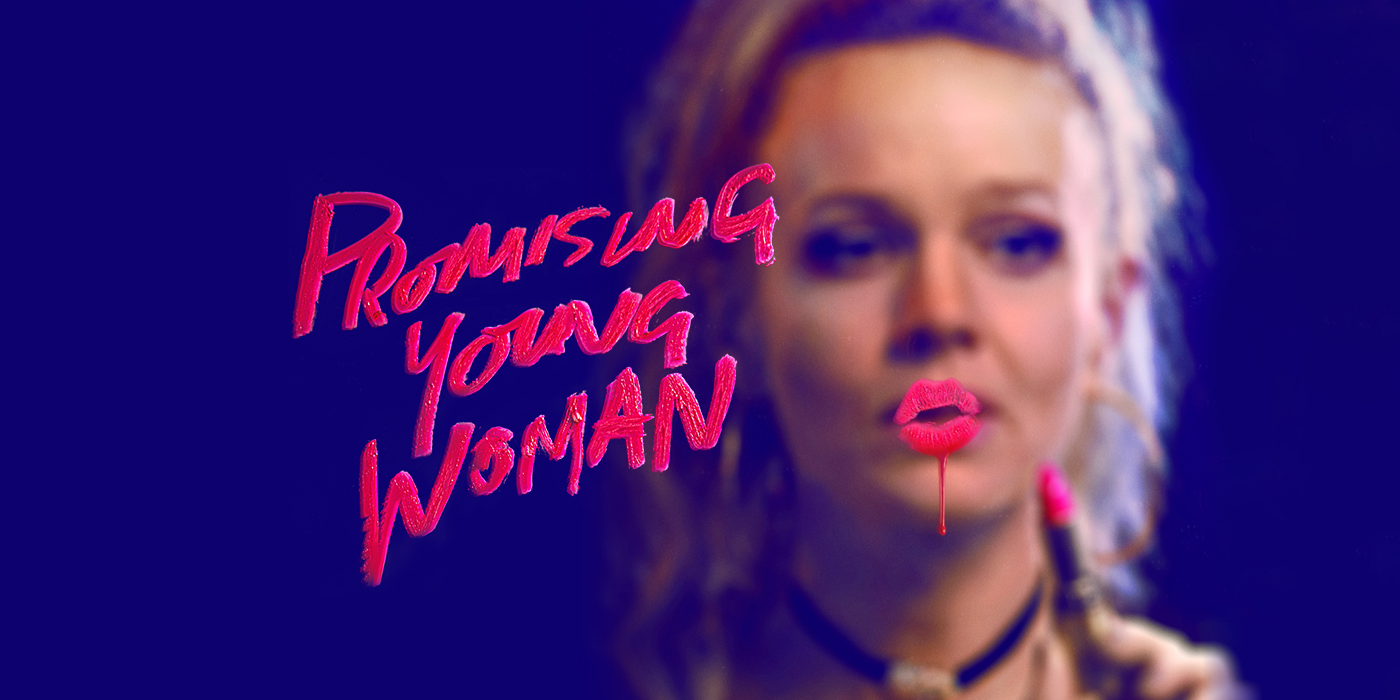


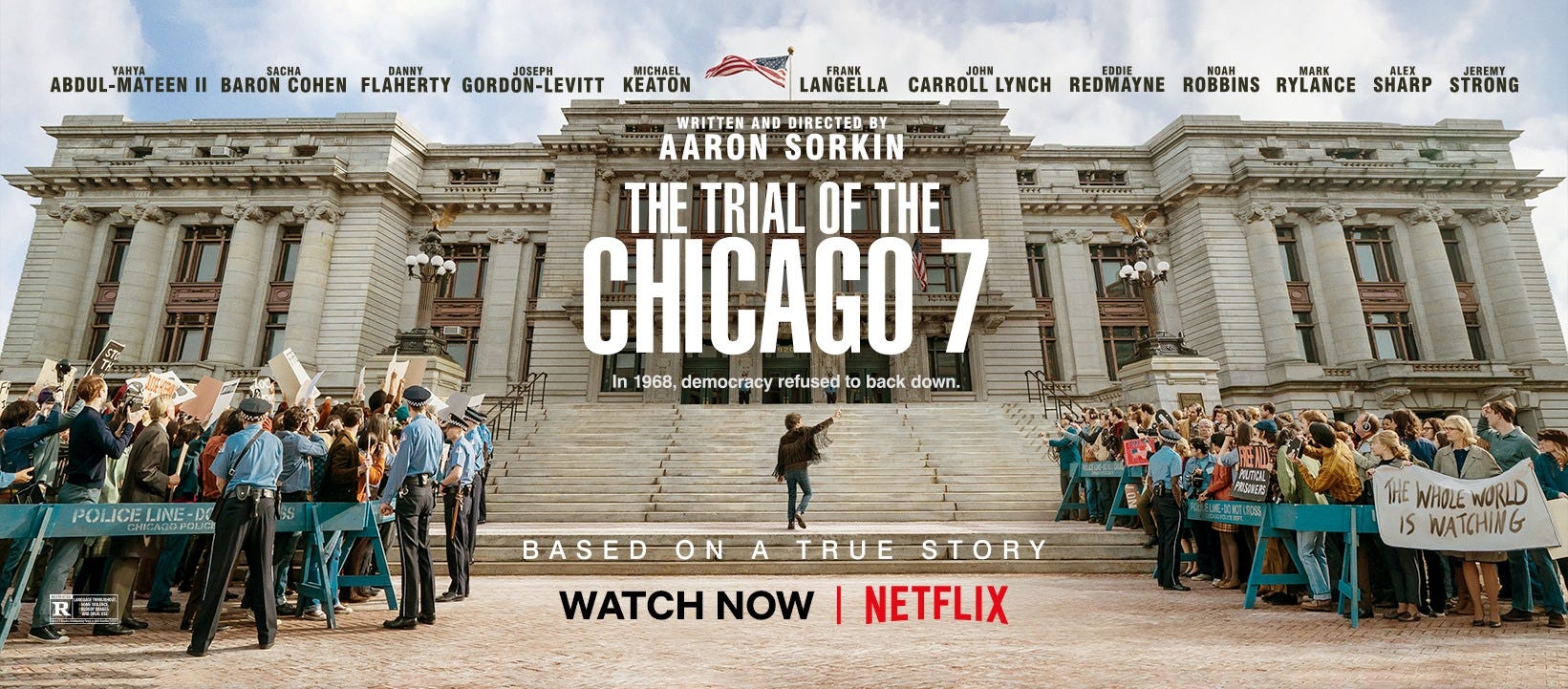







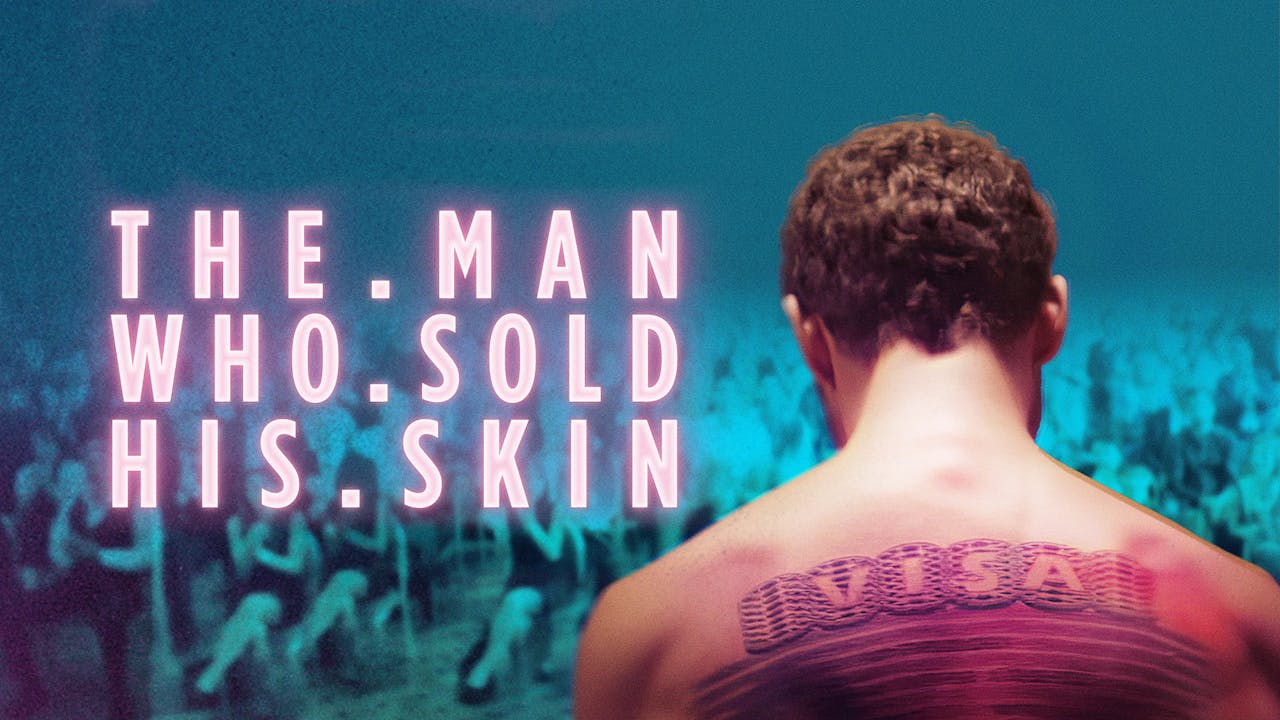

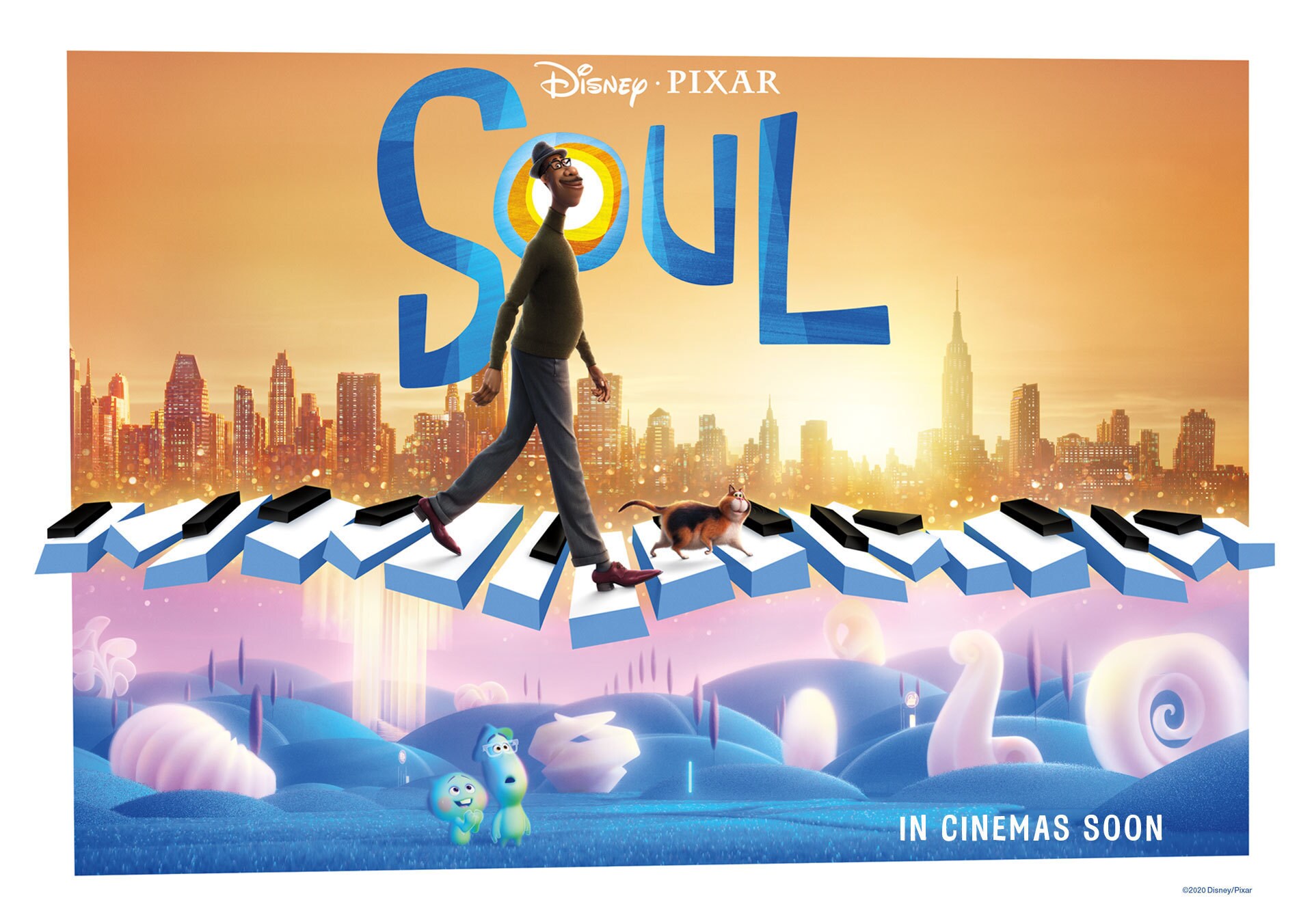

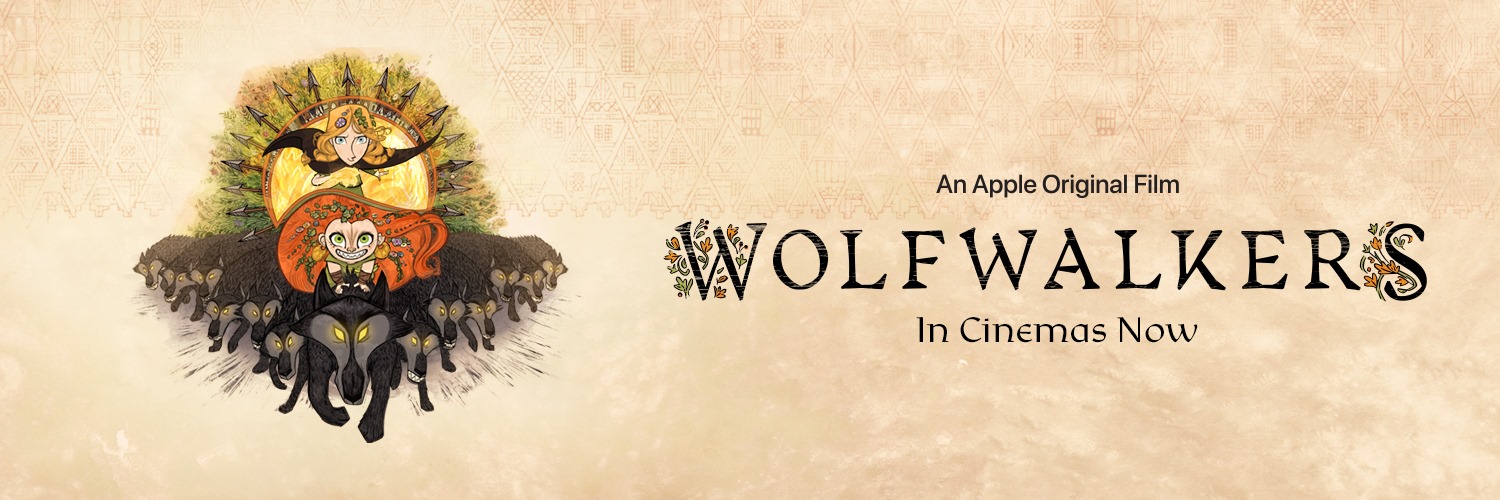
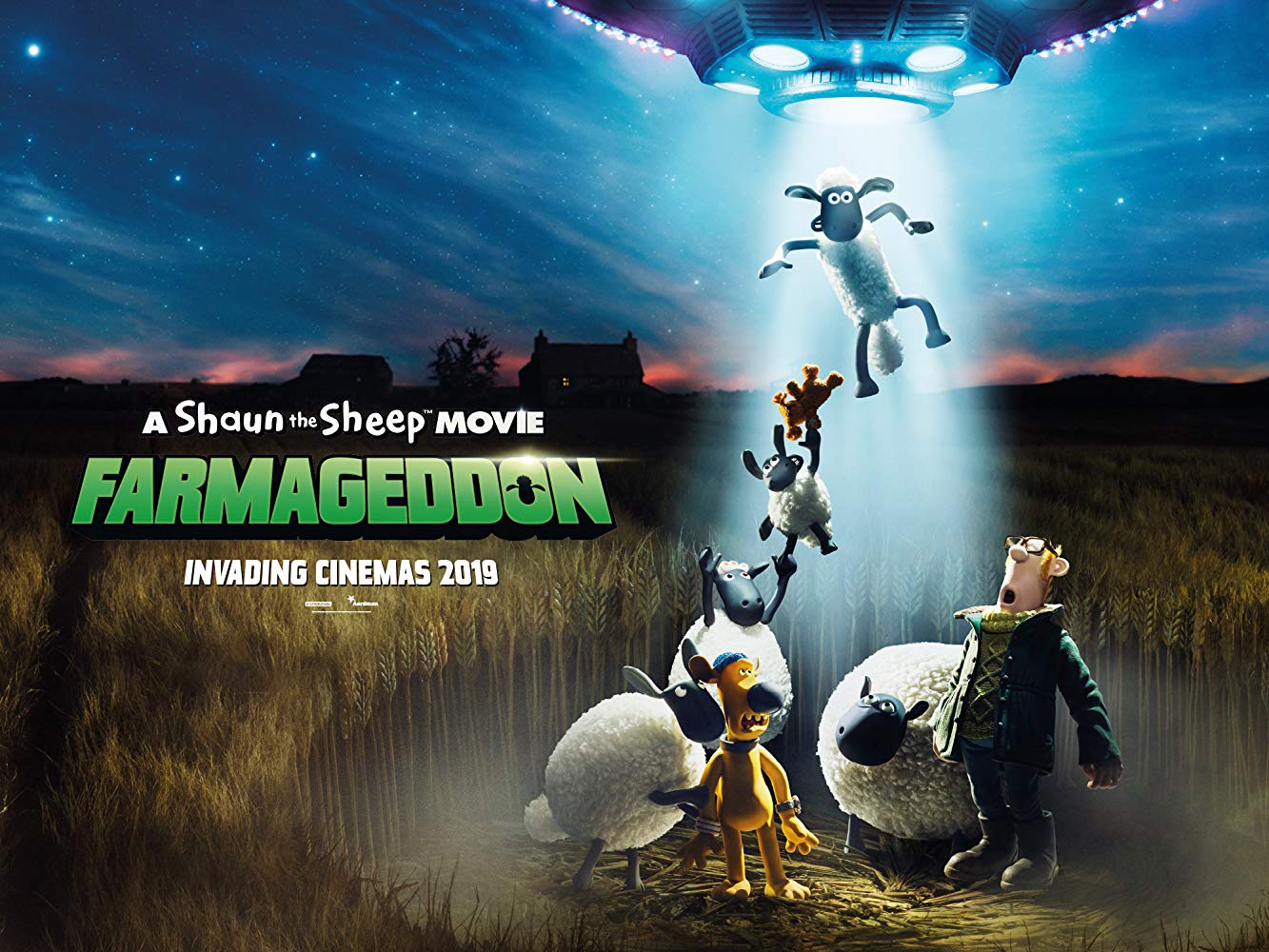



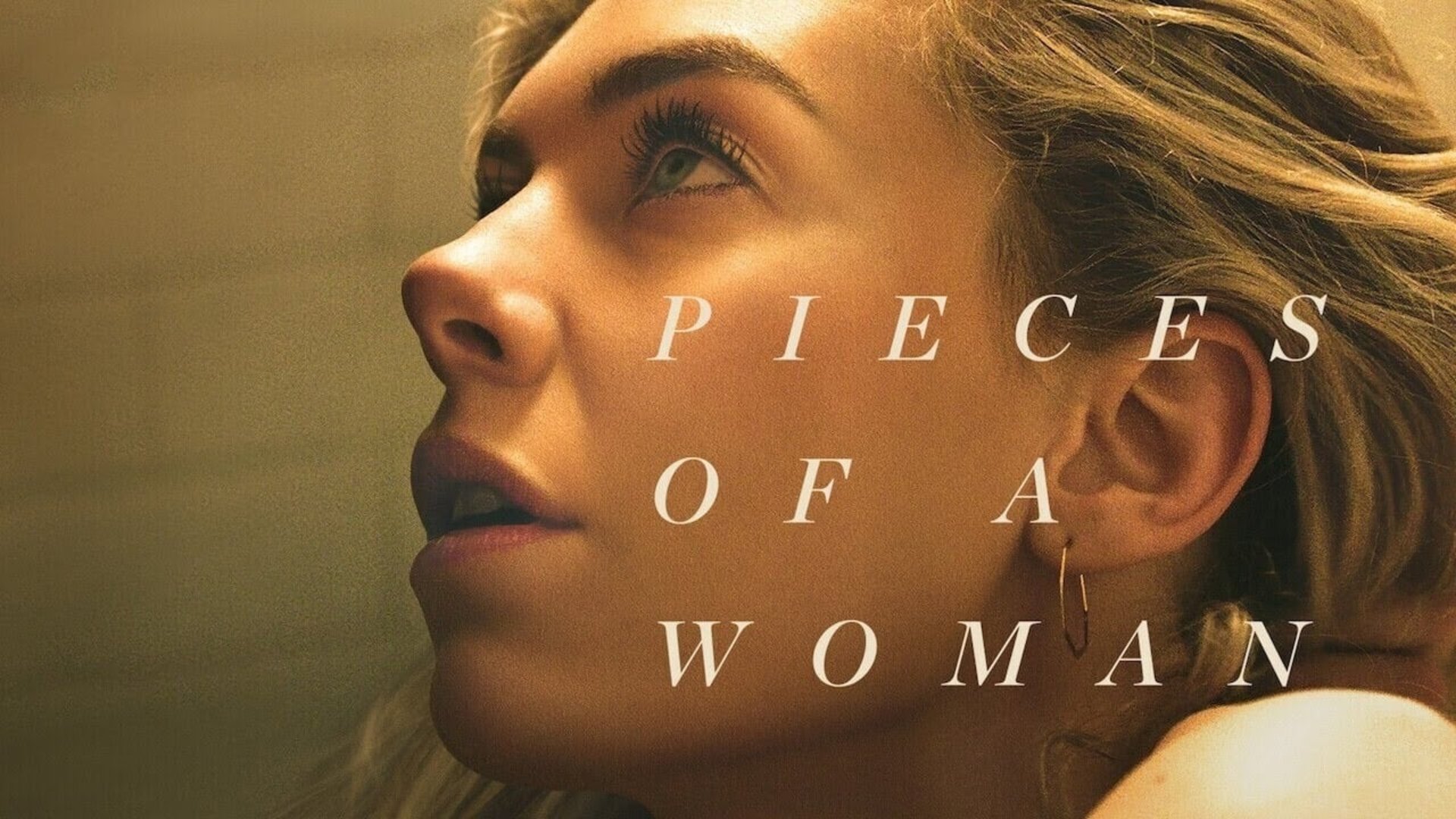

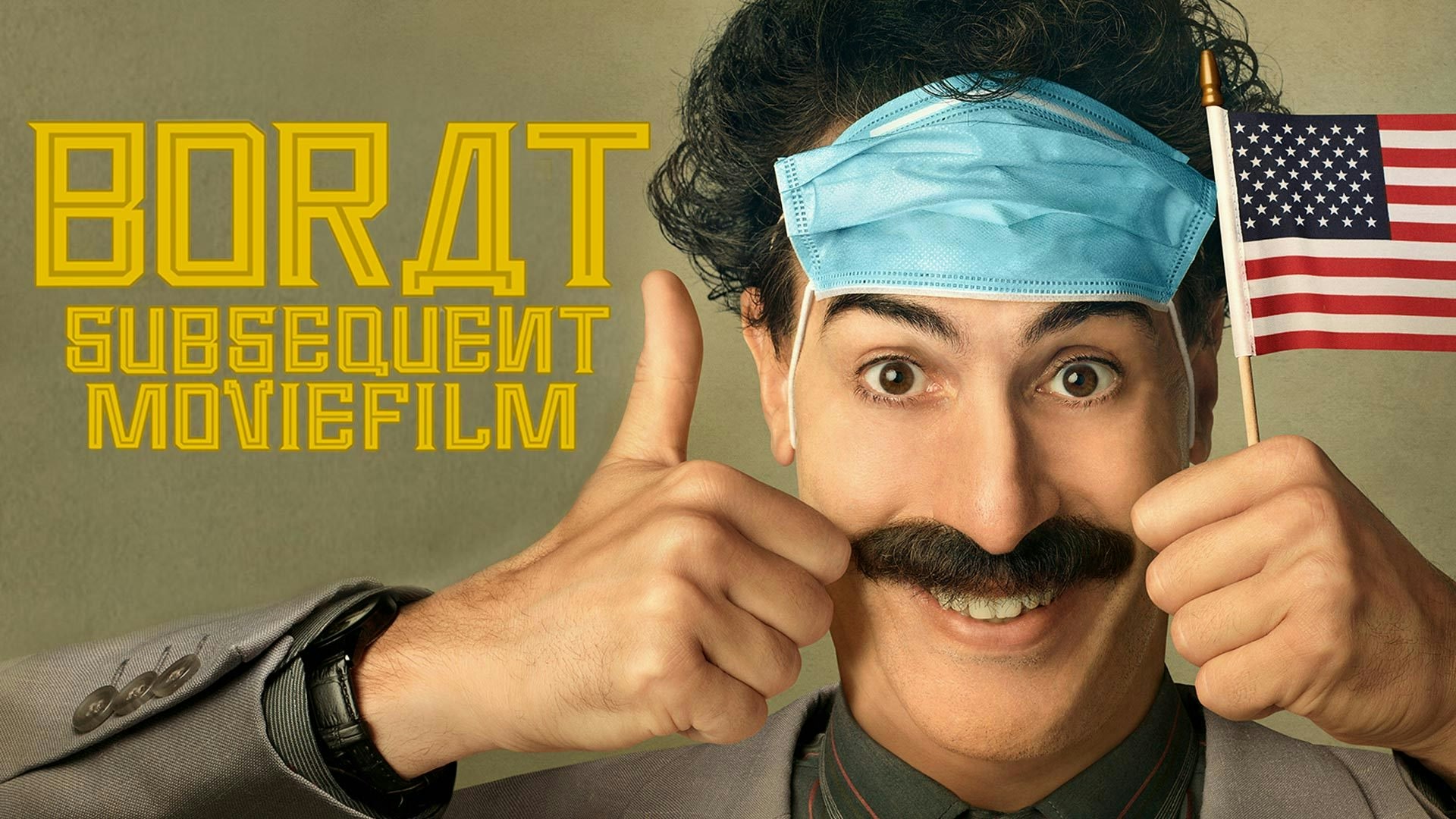



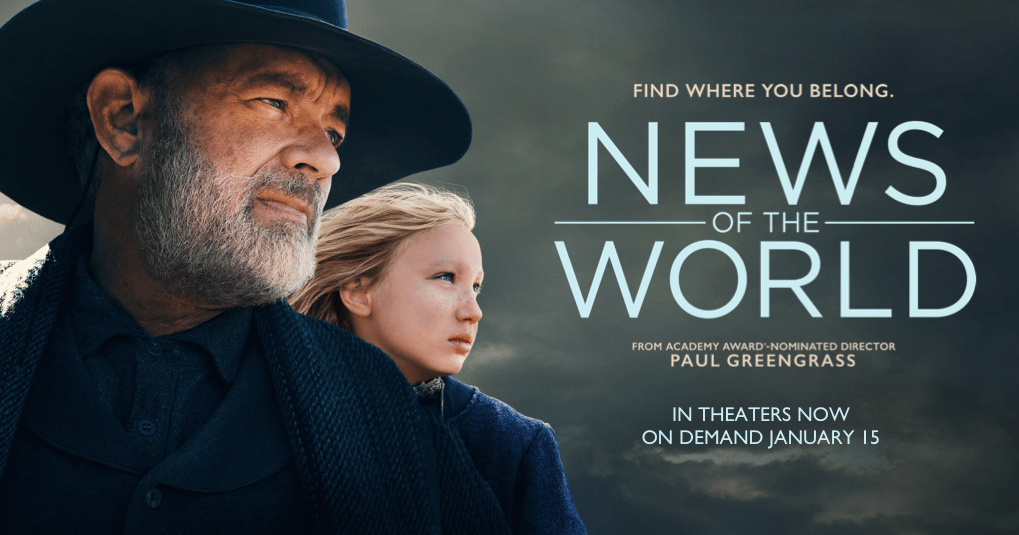
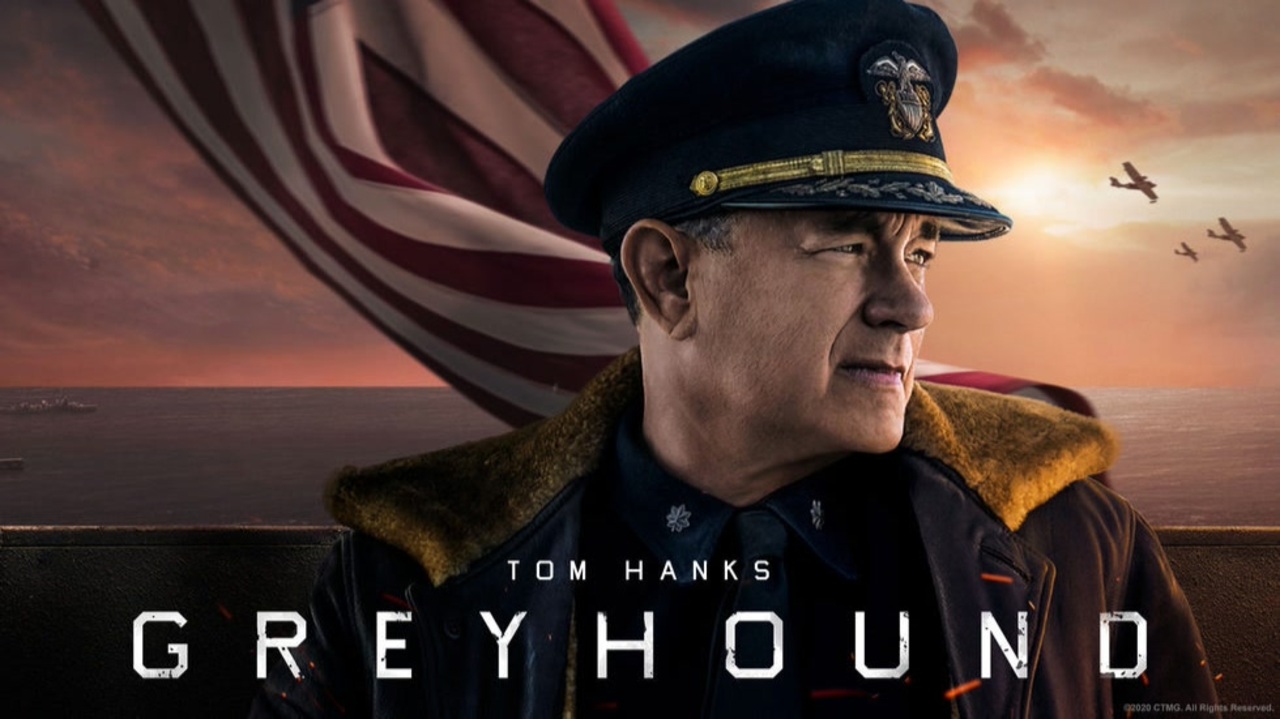

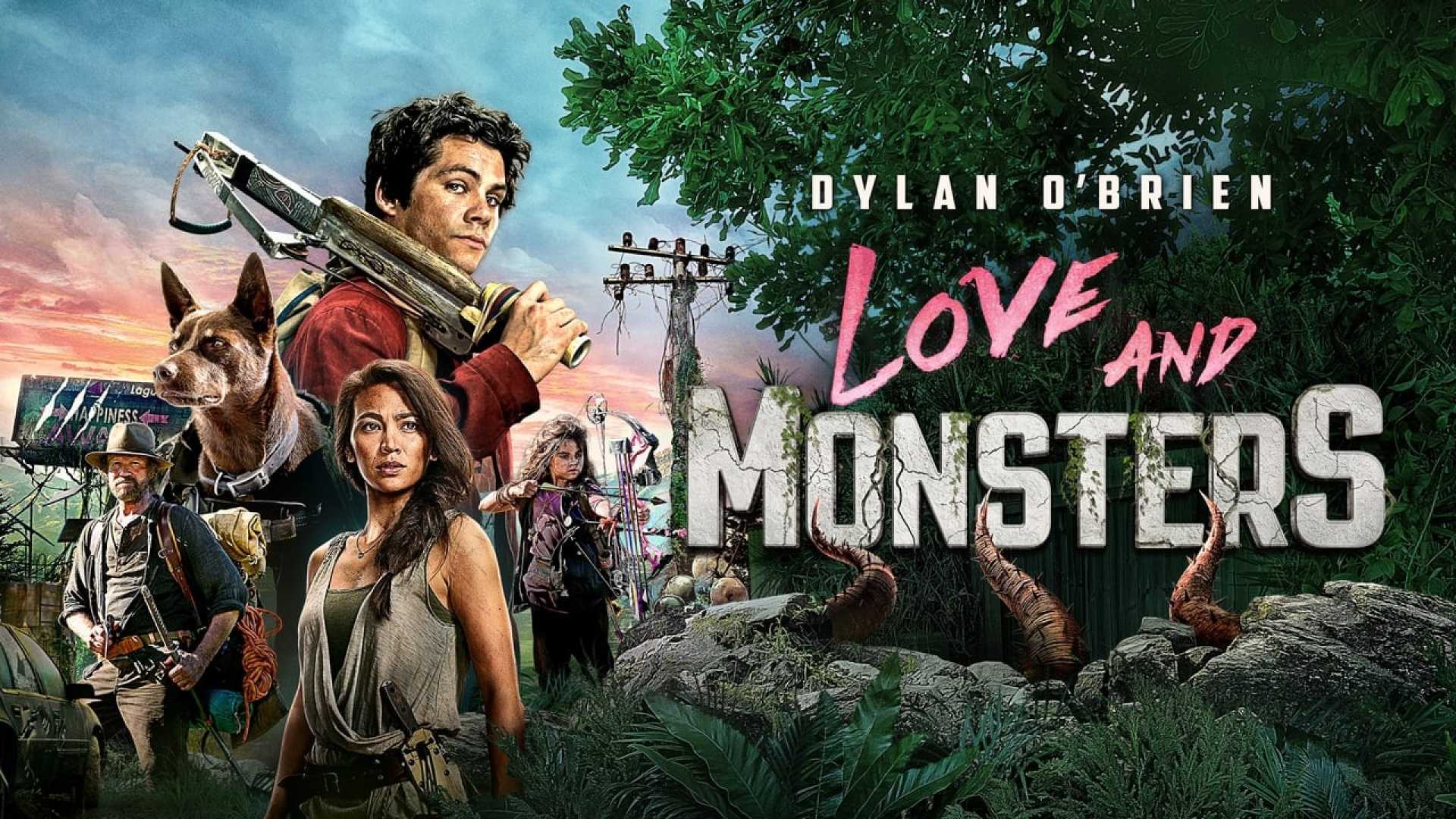


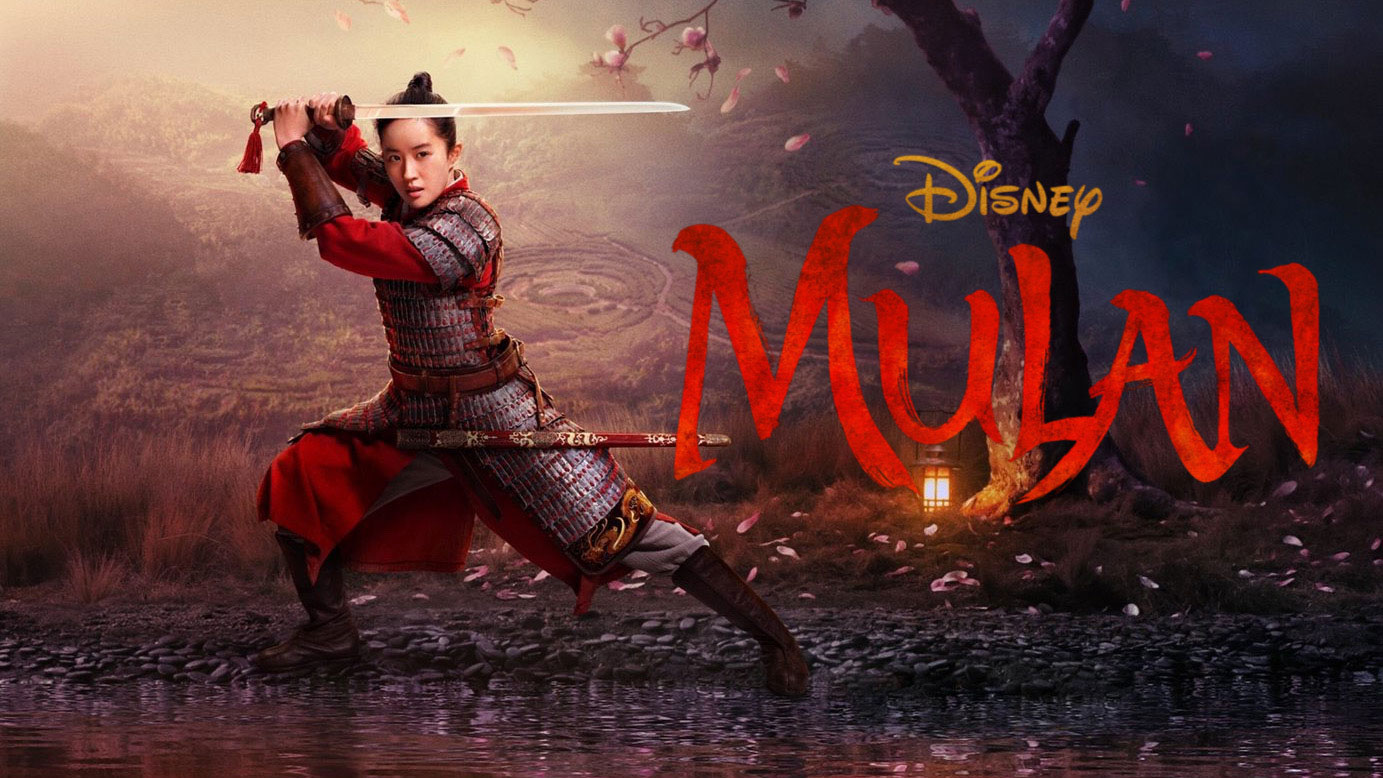
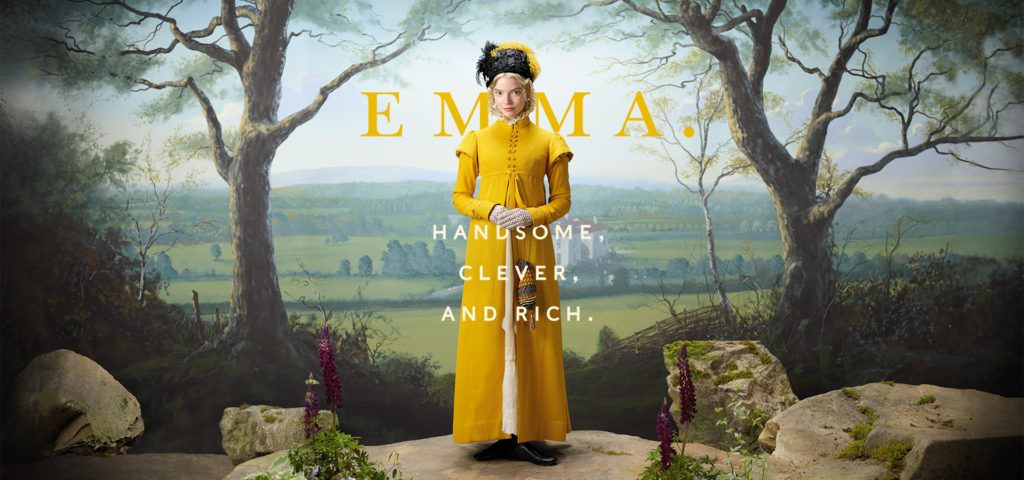

Comments
Post a Comment